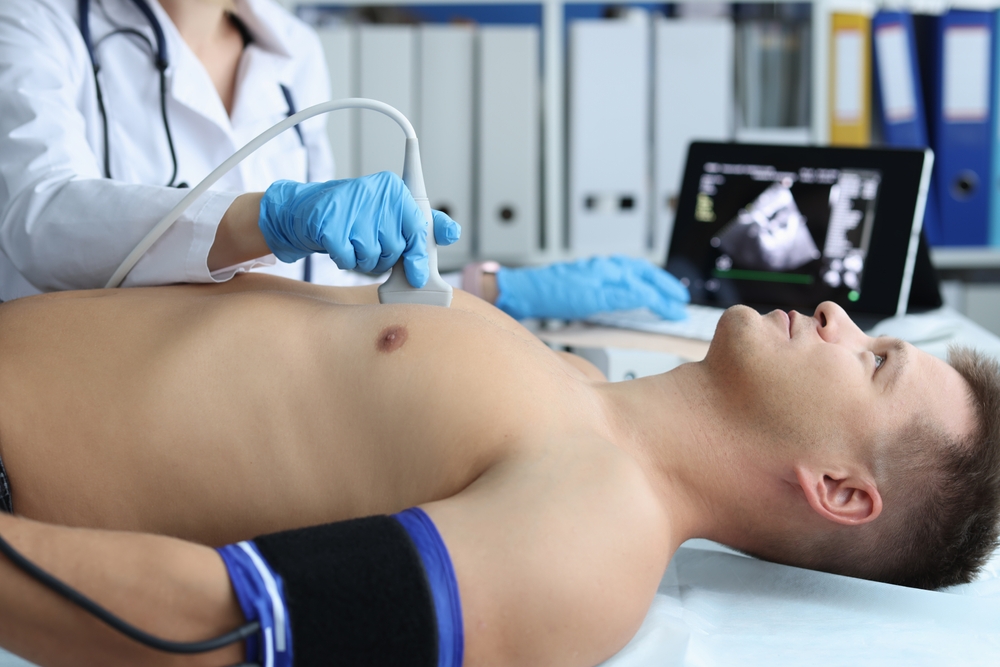Mark Kopec Now
Cardiologist
Medical Malpractice with the Baltimore Cardiologist Lawyer
A cardiologist is a medical doctor who specializes in diagnosing and treating diseases and conditions of the heart and blood vessels. Cardiologists play a role in preventing, diagnosing, and treating heart disease, the leading cause of death in the United States. However, cardiologists can commit medical malpractice. If you have been injured, you may need the Baltimore cardiologist lawyer at the Kopec Law Firm.
Education and Training
To become a cardiologist, physicians must complete a course of study and training. This generally includes:
- Medical School: Firstly, cardiologists must first complete four years of medical school to earn a Doctor of Medicine (MD) or Doctor of Osteopathic Medicine (DO) degree.
- Residency: Afterward, physicians complete a three-year residency in internal medicine. This residency provides training in the diagnosis and treatment of a wide range of internal medicine conditions, specifically including heart disease.
- Fellowship: Following residency, cardiologists complete a two- or three-year fellowship in cardiology. This fellowship provides specialized training in the diagnosis and treatment of heart disease, including invasive and also non-invasive procedures.
Licensing and Board Certification
In addition to completing their education and training, cardiologists must also obtain a medical license from the state in which they practice. They may also pass board certification exams administered by the American Board of Internal Medicine (ABIM) or the American Osteopathic Board of Internal Medicine (AOBIM).

Types of Patients and Medical Conditions
Cardiologists see patients of all ages, from infants to the older. They generally diagnose and treat a wide range of heart conditions, including:
- Coronary artery disease
- Heart failure
- Heart attack
- Arrhythmias (irregular heartbeats)
- Valve disease
- Congenital heart defects
- High blood pressure
- High cholesterol
Diagnostic Tests
Cardiologists use a variety of tests to diagnose heart conditions, including:
- Electrocardiogram (ECG or EKG): This test measures the electrical activity of the heart.
- Echocardiogram: This test uses sound waves to create images of the heart.
- Stress test: This test measures the heart’s response to exercise or medication.
- Nuclear stress test: This test uses radioactive tracers to measure blood flow to the heart.
- Cardiac catheterization: This procedure involves threading a thin tube into the heart to diagnose and treat blockages in the coronary arteries.
The Baltimore cardiologist lawyer can review the tests that your cardiologist did or should have done.
Treatments
Cardiologists generally offer a range of treatments for heart conditions, including:
- Medications: Cardiologists prescribe medications to treat high blood pressure, high cholesterol, arrhythmias, and other heart conditions.
- Lifestyle changes: Cardiologists may recommend lifestyle changes, such as diet, exercise, and smoking cessation, to improve heart health.
- Medical procedures: Cardiologists perform a variety of medical procedures, including angioplasty, stent placement, and ablation, to treat heart conditions.
- Surgery: In some cases, cardiologists may refer patients to a cardiac surgeon for surgery to treat heart conditions.
Work Settings and Referrals
Cardiologists work in a variety of settings, including:
- Hospitals
- Clinics
- Private practices
They often work with other doctors, such as:
- Primary care physicians
- Emergency medicine physicians
- Other specialists, such as endocrinologists, nephrologists, and pulmonologists
Cardiologists may refer patients to other specialists for additional testing or treatment.
Medical Malpractice Claims with the Baltimore Cardiologist Lawyer
Cardiologists, like other medical professionals, can be held liable for medical malpractice if they fail to provide the standard of care and their negligence results in patient injury or death. Common types of medical malpractice claims against cardiologists generally include:
- Failure to diagnose a heart condition
- Misdiagnosis of a heart condition
- Improper treatment of a heart condition
- Failure to obtain informed consent for a procedure
- Surgical Errors during a procedure
Next Step: Call the Baltimore Cardiologist Lawyer
If you believe you have been the victim of cardiologist medical malpractice, it is important to consult with an experienced medical malpractice attorney. We can review your case and determine whether you have grounds for a lawsuit.
Visit the free consultation page or video. Then contact the Kopec Law Firm at 800-604-0704 to speak directly with Attorney Mark Kopec. He is a top-rated Baltimore medical malpractice lawyer. The Kopec Law Firm is in Baltimore and pursues cases throughout Maryland and Washington, D.C.





